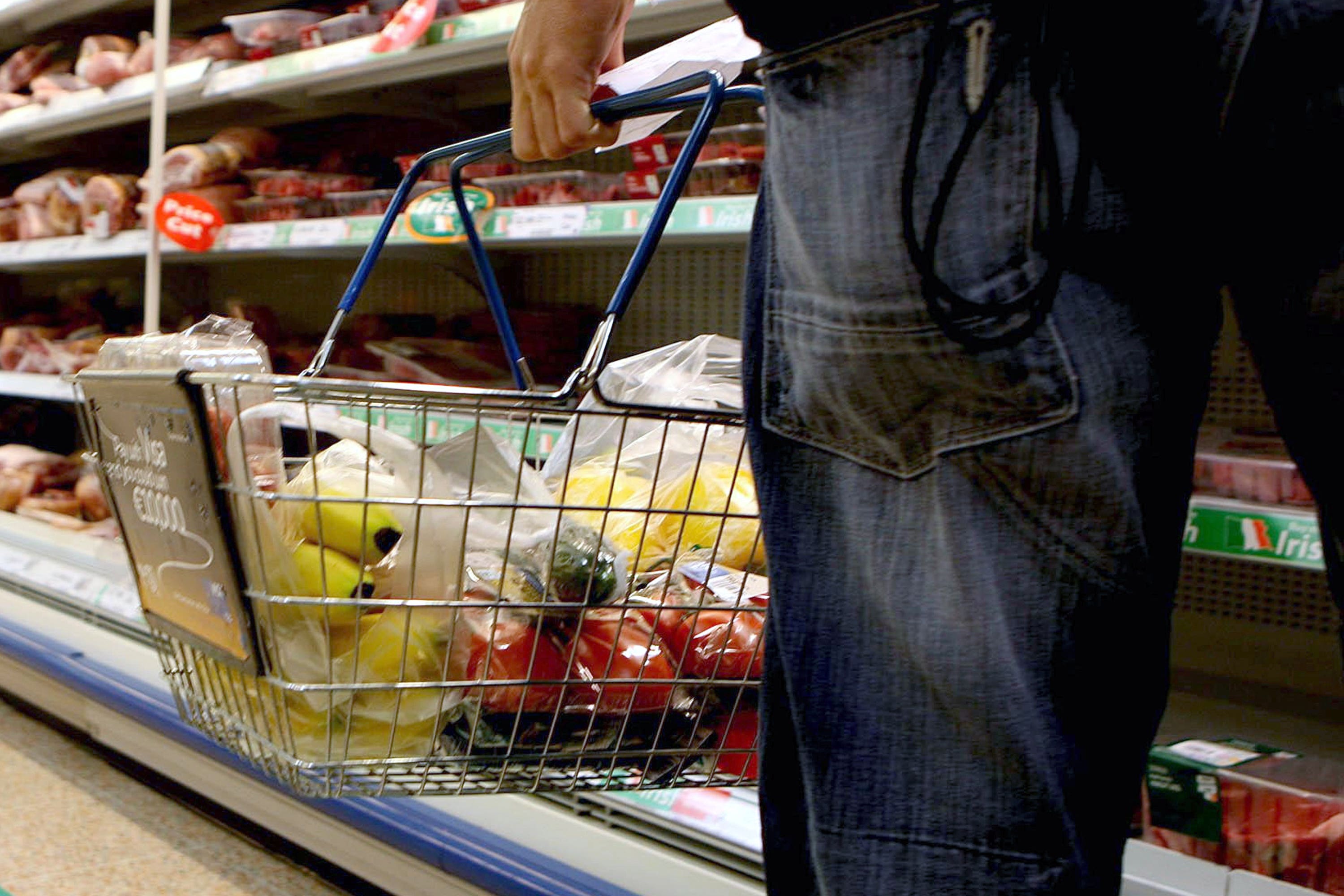Supermarkets ‘must close substantial gaps’ in green progress to meet 2030 goals
The WWF found that time is running out to fix the food system and reduce the environmental impact of UK shopping baskets.

UK supermarkets must close “substantial gaps” across key areas of environmental impact to meet their 2030 climate targets, according to a report.
The Worldwide Fund for Nature (WWF) analysed the sector’s performance in seven key areas: climate emissions, agriculture, diets, deforestation and conversion, marine, food waste and packaging.
WWF found that time is running out to fix the food system and reduce the environmental impact of UK shopping baskets by 2030.
It also said that supermarkets have made promising progress on tackling deforestation and conversion in palm oil supply chains, with 76% of palm oil in retailer supply chains reported to be certified by Roundtable on Sustainable Palm Oil.
However, this has not been matched in soy supply chains, with just 5% of soy verified to be deforestation and conversion free, it said.
The clock is ticking for people and planet but, within the food retail sector, the appetite is growing for action to shift our food system on to a sustainable footing
The report said most retailers have reported reductions in emissions from their operations, but overall progress on emissions from supply chains and products sold – which account for 95% of total emissions – is unclear or emissions have increased.
It comes as Aldi became the latest supermarket to join WWF’s Retailers’ Commitment for Nature, which includes the target of halving environmental impact by 2030, alongside existing members such as Co-op, Lidl, M&S, Sainsbury’s, Tesco and Waitrose.
This means more than 70% of the UK grocery retail market is aligned to WWF’s overall goal.
The report also highlights increased retailer engagement in reporting their impact, with 10 of the 11 major UK retailers – representing more than 90% of the retail grocery market – submitting data on aspects of the seven climate action areas.
WWF is also calling on the Government to play its part by implementing long-promised due diligence regulations to eliminate deforestation and conversion from UK supply chains.
Tanya Steele, chief executive of WWF, said: “Time is running out to fix our fragile food system, which is already creaking under the strain of climate change and nature loss, yet we remain a long way from key 2030 targets that are critical to delivering affordable, healthy, sustainably produced food into every UK shopping basket.
“The clock is ticking for people and planet but, within the food retail sector, the appetite is growing for action to shift our food system on to a sustainable footing.
“Today we welcome Aldi to WWF’s Retailers’ Commitment for Nature, where we’re working with UK food retailers to deliver shared solutions to tackle the devastating impacts of our food system on our environment – we urge all UK retailers to step up to this commitment and work with businesses across their supply chains to accelerate action.
“However, retailers cannot do this alone: the UK Government must get on board, starting by urgently implementing long overdue regulations to meet its high-profile Cop26 promise to eliminate deforestation and conversion from UK supply chains and support WWF’s mission to bring our world back to life.”
Giles Hurley, chief executive of Aldi UK, said: “We recognise that the food and drink sector has a huge part to play when it comes to taking steps to positively impact the environment.
“We’ve already made great strides in this space, but working collaboratively is crucial, which is why we’re pledging to join WWF in its efforts.”
Bookmark popover
Removed from bookmarks